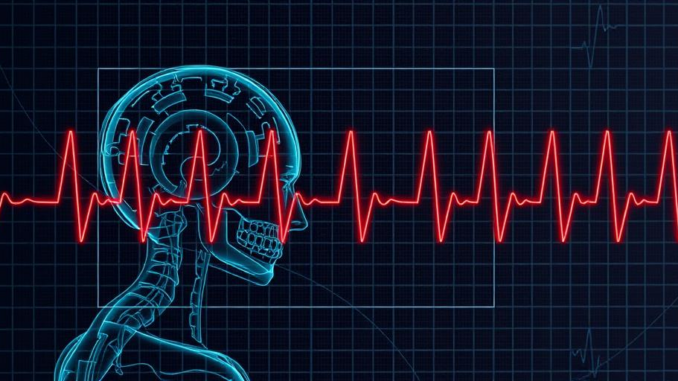
Summary
This article explores the groundbreaking use of AI in analyzing ECGs to predict biological age and detect diseases like heart conditions, Alzheimer’s, and cancer earlier than traditional methods. This technology offers a personalized approach to healthcare, moving beyond chronological age to assess individual health risks and potentially saving lives through timely interventions. The potential of AI-driven ECG analysis to transform early disease detection is immense, paving the way for a proactive and personalized approach to healthcare.
Healthcare data growth can be overwhelming scale effortlessly with TrueNAS by Esdebe.
Main Story
Okay, so the world of disease detection is changing, and it’s all thanks to artificial intelligence and something we’ve used for ages: ECGs, or electrocardiograms. You know, those squiggly lines that monitor your heart? They’re not just for that anymore.
ECGs have been around forever, a staple for checking heart health, but now? AI’s making them predict your biological age and even spot diseases like Alzheimer’s or, get this, even cancer way earlier than we could before. It’s pretty wild.
This isn’t about how old you are chronologically, that number on your driver’s license. It’s about your body’s actual wear and tear. Which is, frankly, a game changer for proactive healthcare. Because chronological age? Just a number, really. It doesn’t tell the whole story.
Think about it: We all age differently. I mean, my grandfather, he was still chopping wood at 80, and I get winded walking up the stairs. A recent study in npj Aging really nailed this point. They showed how AI-powered ECGs can estimate your biological age, giving a way more accurate health snapshot. And let me tell you it showed that this biological age is closely related to the risk of developing age related diseases.
It’s like, what if a simple ECG could tell you about your heart, and your risk of Alzheimer’s or cancer, before you even feel sick? Imagine that! Early detection? Early intervention. It’s a no-brainer.
So, how does it work? Basically, AI can spot the tiniest changes in your ECG, stuff the human eye just misses. These little blips reflect what’s going on under the hood, physiological processes indicating disease. And it’s real-time analysis; doctors get the info fast.
Plus, ECGs are super accessible. You can find them almost anywhere, pretty non-invasive. So, adding AI to the mix? It’s like upgrading a basic tool into a super-powered screening device. A very useful thing.
Now, research is ongoing, obviously. But the initial results? Really promising. The study was more accurate than previous AI models and worked across different populations. To be super careful, they even excluded people with pre-existing conditions to get a good baseline. It is a smart approach. Future studies will look at those with health issues, which will be fascinating.
And the implications? Huge. Beyond early detection, we’re talking personalized medicine. Knowing someone’s biological age helps tailor treatments, so it’s not one-size-fits-all anymore. That said, it is moving us away from one-size-fits-all model, for more effective strategies.
In my opinion, AI-powered ECGs are going to be essential in the fight against age-related diseases. And it’ll change our lives for the better.


The potential for personalized medicine through AI-driven ECG analysis is remarkable. Could this technology also lead to more accurate and individualized health risk assessments for insurance or preventative care programs?
That’s a great point! The application of AI-driven ECG analysis in insurance and preventative care is a very interesting area to explore. The ability to create individualized risk assessments could lead to more tailored and effective programs, incentivizing healthier lifestyles and potentially lowering healthcare costs. Thanks for raising this important aspect!
Editor: MedTechNews.Uk
Thank you to our Sponsor Esdebe